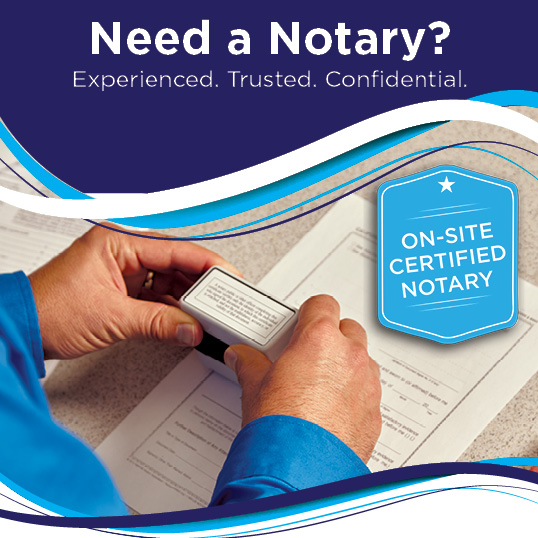Recognizing Apostille: Simplifying International Record Legalization
Recognizing Apostille: Simplifying International Record Legalization
Blog Article
Debunking Notarial Work: Simplifying the Role and Value of Notaries
Their duty, typically shrouded in enigma for lots of, brings substantial weight in ensuring the legitimacy and stability of critical papers. By unraveling the intricacies bordering notarial methods and losing light on the importance of their acts, a clearer understanding emerges of the crucial role notaries play in maintaining the material of contractual and legal arrangements.
The Background of Notarial Work
The history of notarial work dates back to old worlds, where scribes played an important role in taping essential details and validating files. This led to the growth of notaries, people designated by the state to act as neutral witnesses in lawful issues.
Throughout the Center Ages, notaries gained importance in Europe, with their features increasing to consist of preparing lawful records, accrediting signatures, and maintaining documents. The rise of global trade even more highlighted the relevance of notarial operate in validating agreements and agreements across boundaries.
In the modern era, notaries remain to play an essential role in legal and company deals by validating identifications, verifying the credibility of documents, and preventing scams. Their function in accrediting the legitimacy of agreements adds a layer of protection and depend the ever-evolving landscape of business and legislation.

Duties and Responsibilities of Notaries
Notaries play an important duty in validating the authenticity of files and the identity of notaries. One of their primary obligations is to witness the finalizing of crucial records, such as agreements, wills, and actions, to guarantee that all parties are entering into contracts intentionally and willingly.
They accredit duplicates of original files, providing assurance to establishments that the duplicates are real reproductions of the originals. Generally, the obligations and responsibilities of notaries are necessary in protecting the stability and legality of different documents and transactions - Notary.
Notarial Certificates and Signatures
Exhibiting careful focus to information, notarial certifications and trademarks serve as essential elements in verifying the authenticity of legal files. Notarial certificates generally have important information such as the day of notarization, the names of the signatures, a description of the record, and the notary's main seal. These certifications supply a clear document of the notarial act, ensuring that the paper can be easily identified and mapped back to the notary that looked after the process.
Trademarks play a crucial duty in notarial work, as they represent the agreement and permission of the celebrations included. Notaries very carefully witness the signing of files to confirm the identity of the signatures and verify that they are signing of their very own totally free will. By fastening their main seal and signature to the paper, notaries accredit that the required treatments have actually been followed which the paper is enforceable and legitimate.
Essentially, notarial certifications and trademarks are the hallmark of authenticity in legal transactions, offering guarantee to all events entailed that the files are reputable and binding.
Importance of Notarial Acts
:max_bytes(150000):strip_icc()/GettyImages-598314157-cb6389c9e28f4c1aaf002263febab019.jpg)
Registration Refine Described
Describing the registration procedure provides clarity on the necessary steps included in confirming visit the site legal files. The registration process generally begins with the private presenting the record to a notary public. The notary after that confirms the endorser's identity via appropriate identification techniques. When the identification is verified, the notary makes certain that the private authorizing the record does so voluntarily and with no coercion.

Verdict

Notarial certificates normally consist of critical information such as the day of registration, the names of the signatories, a summary of the paper, and the notary's official seal. These certificates supply a clear record of the notarial act, making certain that the document can be easily identified and traced back to the notary who looked after the procedure.
By fastening their main seal and trademark to the record, notaries certify that the necessary treatments have been adhered to and that the document is valid and enforceable.
By validating the identity of the notaries, verifying their readiness to get in into the agreement, and accrediting the day and place of the signing, notaries play an important role in upholding the validity of legal documents.After the paper is signed, the notary will attach their main seal or stamp onto the record.
Report this page